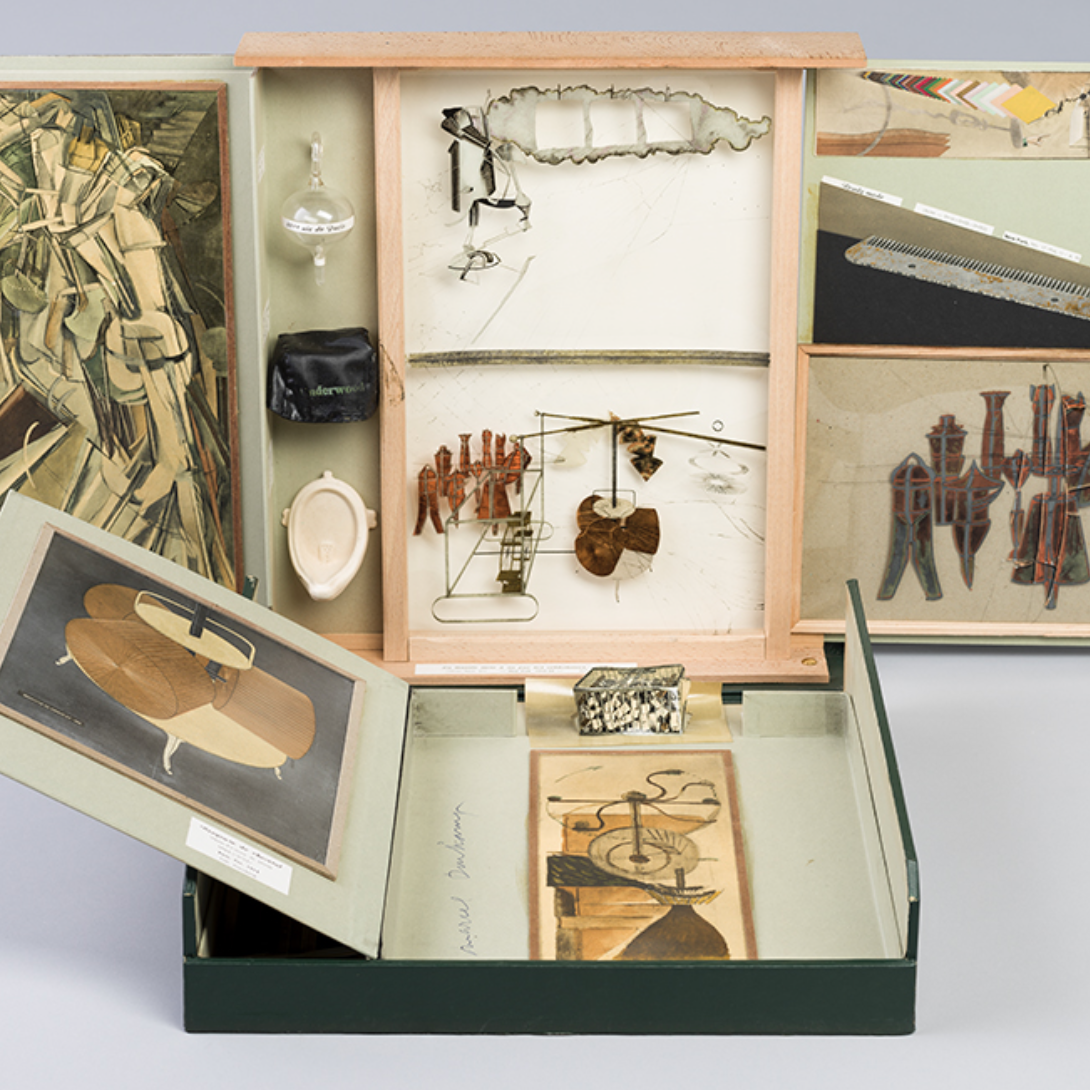This poem appears originally in Which Way Was North, published by Louisiana State University Press. Poet Anne Pierson Wiese will be a guest at Amherst College’s LitFest 2024. Register for this exciting celebration of Amherst’s literary legacy and life.
Excerpt from The Healing Stage
By LISA BIGGS
This piece is excerpted from The Healing Stage: Black Women, Incarceration, and the Art of Transformation by Lisa Biggs ’93, a guest at Amherst College’s LitFest 2024. Register for this exciting celebration of Amherst’s literary legacy and life.

Stage healing as a practice of self-repair is generated and sustained by women behind bars in collaboration with the volunteer theater artists who direct their drama clubs. The term is deeply indebted to Cara Page and the Kindred Healing Justice Collective, who characterized healing justice as “how we can holistically respond to and intervene in generational trauma and violence … to bring collective practices that can impact and transform the consequences of oppression on our bodies, hearts and minds.” This “active intervention,” writes Prentiss Hemphill, makes listening to and collaborating with people who are “imagining transformative responses to harm” other than “feeding Black incarceration” foundational, not only to healing work but also to Black community organizing—in their case, specifically the Black Lives Matter movement.25 Healing justice recognizes that locating alternative, noncarceral responses to harmdoing requires finding ways to “develop and to honor practitioners of many different disciplines and modalities with capacities and skills to be with trauma, who know themselves well enough to navigate the complex terrain of emotion and guide others towards change.”26
Fatigue Can Shatter A Person
By ED YONG
This piece originally appeared in The Atlantic. Journalist Ed Yong will be a guest at Amherst College’s LitFest 2024. Register for this exciting celebration of Amherst’s literary legacy and life.

Alexis Misko’s health has improved enough that, once a month, she can leave her house for a few hours. First, she needs to build up her energy by lying in a dark room for the better part of two days, doing little more than listening to audiobooks. Then she needs a driver, a quiet destination where she can lie down, and days of rest to recover afterward. The brief outdoor joy “never quite feels like enough,” she told me, but it’s so much more than what she managed in her first year of long COVID, when she couldn’t sit upright for more than an hour or stand for more than 10 minutes. Now, at least, she can watch TV on the same day she takes a shower.
No One Wore Pearls Anymore: Jennifer Jean interviews Jennifer Martelli

One day in 2008, after not writing for almost 10 years, JENNIFER MARTELLI searched “poetry workshops on the North Shore of Massachusetts.” She signed up for the first “hit” that came up, a Sacred Poetry workshop led by JENNIFER JEAN at the now-defunct Cornerstone Books in Salem, Massachusetts. Both Jennifers bonded over poetry, parenthood, and publishing—and a great friendship was formed! They continue to write together, travel together (because Jennifer Martelli is afraid to drive over bridges, Jennifer Jean takes the wheel), and share their work.
In this interview, Jennifer Jean asked Martelli about her latest collection, The Queen of Queens, which explores the political and emotional zeitgeist of the present by probing the past in a lyrical, smart, and singular voice. Jennifer Martelli’s poetry is the self-deprecating inheritor of Sylvia Plath and Marie Howe.
Some Syllables, Slurred
By ROSSANEE NURFARIDA
Translated from the Thai by NOH ANOTHAI

Bangkok, Thailand
Seven years ago…
My grandmother was ninety,
but didn’t know what a coup d’etat was
on that night the people had
their voices stolen from them.
Review: American Gospel
By MIAH JEFFRA
Review by YELENA FURMAN
The city as a character in its own right is a frequent device in otherwise disparate novels. In Jeanette Winterson’s The Passion (1987), a water-shimmering, pleasure-seeking Venice forms the fabric of the female protagonist’s life. Andrei Bely’s modernist tour-de-force Petersburg (1916), following a long tradition in Russian literature, portrays this city as both the site and driver of the action. For the navel-gazing narrator of Marcel Proust’s In Search of Lost Time (1913-1927), Paris and other locations in France are integral sources of his copious memories. The commonality among such city-infused works is the reputation of said cities: world-renowned and possessed of their own symbolic capital and literary mythology. The associations are not always positive—writers often portray big cities as dirty, oppressive, even demonic—but the cities historically portrayed in literature are famed embodiments of grandeur and stature.
Translation: Master of the House
By AHMET HAMDI TANPİNAR
Translated by AYSEL K. BASCI
Piece appears below in English and the original Turkish.
Translator’s Note:
Ahmet Hamdi Tanpınar (1901–1962), a renowned 20th-century Turkish author, poet, essayist, intellectual, and educator, wrote two of the finest works in modern Turkish literature: The Time Regulation Institute and A Mind at Peace. In fellow Turkish author Orhan Pamuk’s 2006 Nobel Literature Prize acceptance speech, he thanked Tanpınar for his considerable influence and inspiration as a literary icon.
The Other Side of the Moon
The day of the moon landing, George and I planned to hunt for rocks. Jorge was his actual name, but he preferred to go by George, like The Beatles guitar man. We were going to look for samples just like the astronauts would.
I sprang out of bed and cranked the window open. Looking out between the twisting glass slats, I noticed the leaves of our lemon tree were still. I hoped it meant the rains would stay away, even though July afternoon downpours in Cuba were as regular as the blood orange sunsets.
After dressing to the sound of Mima’s clanging in the kitchen and the scent of coffee brewing, I sat at the dining table. I dipped a piece of stale Cuban bread into the café-con-leche she’d set there. “It needs sugar,” I said.
“You don’t need more sugar,” she said.
But I didn’t understand why. Sugar was the one thing on the island that wasn’t rationed.
I asked if she was going to my friend Raul’s house to watch the moon landing. His family had the only working television in the neighborhood.
“Maybe,” she said.
I’d dreamt about the moon landing even before I learned that the Americans were going to do it. Ever since I read Jules Verne’s From the Earth to the Moon, a book George had given me, I’d been imagining a spaceship just like the one in the book: a long, narrow, bullet-like rocket, slicing through the heavens.
Mima wasn’t much of a reader. Not much of a dreamer either. I think that was why she’d never thought of leaving Cuba, even though everyone else seemed to be doing so.
“What are they looking for up there, anyway?” she said. “We have enough to worry about right here.”
The Marker
By JIM WEBER
Dispatch crackles over the cruiser’s radio: brushfire on Ranch Road 580.
Frank lights a cigarette, takes a deep pull. His shift over, he listens, unobligated, as Latimer asks dispatch to confirm the fire’s location.
He stares through the windshield at his house, a squat brick ranch. Scuffed exterior and summer-fried lawn identical to the others on the block. The front window drapes are pulled back, giving the house a grin, like an old friend commiserating: Seven years left on your note, Frank. Three years short of retirement. Tough math.
I’ll sell the place when I retire, Frank thinks, not for the first time. Move to Kerrville, or Boerne, or Bandera. Find a part-time security job to help make ends meet. Latimer talks up New Mexico. Strikes Frank as too far from central Texas, too far from the remains of the life he and Lizzie shared before she passed.
Drapes back means his daughter Caitlyn is up and getting ready for work. Two weeks before she’s off to college in Austin. Who knows if she comes back? Live your entire life in a place, can come to hate it.
The Most-Read Pieces of 2023
As our new year of publishing and programming picks up speed, we at The Common wanted to reflect on the pieces that made last year such a great one! We published over 200 pieces online and in print in 2023. Below, you can browse a list of the six most-read pieces of 2023 to see which stories, essays, and poems left an impact on readers.
*
Two Poems from The Spring of Plagues by Ana Carolina Assis, translated by Heath Wing

“i wish I could / prevent your death / and bury your body alive / in the puny damp / earth
we tended / so that it kept on living / mandioca corn banana / would not sprout forth /
but instead / acerola cherry blackberry pitanga hog plum.”
January 2023 Poetry Feature, with work by Tina Cane, Myronn Hardy, and Marc Vincenz

“Sheila had IHOP delivered to her apartment in El Alto, NY / on January 6th
so she could kick back self-proclaimed terrorist / that she is and eat pancakes
while watching white supremacists / storm the Capital.”











